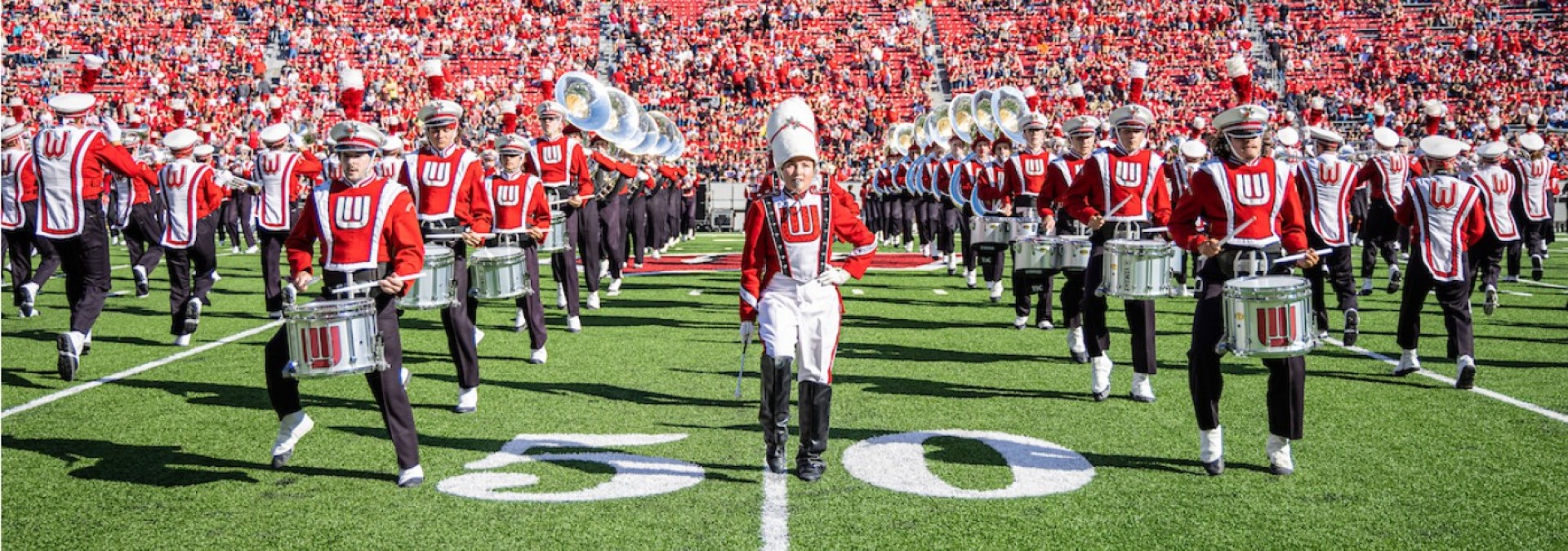×
Glossary
Academic Advisor: A college staff member who helps students select courses, build degree plans, and stay on track for graduation.
Audition: A performance-based assessment that students must pass to be accepted into a college music program, often involving prepared pieces, sight-reading, and sometimes interviews.
Double Major: An academic plan where a student completes the requirements for two majors under one degree, such as Music and Psychology or Music and Business.
Electives: Optional classes that students can choose based on interest. These are often used to explore additional topics outside the core curriculum or balance out more intense coursework.
Ensemble: A group performance class, such as band, orchestra, or choir, which music majors are often required to participate in each semester.
General Education (Gen Eds): Foundational courses all college students must take, like English, math, science, and history, regardless of major.
Internship: A supervised work experience, sometimes for academic credit, that allows students to gain practical experience in their field of study.
Jury: A performance exam at the end of a semester where music students perform before faculty to assess their progress.
Lesson: Private, one-on-one instruction in a student’s primary instrument or voice, required each semester for performance majors.
Performance Degree / Performance Major: A music degree track focused on advanced study in an instrument or voice, preparing students for professional performance careers.
Recital: A solo or small-group concert required as a capstone performance for music majors, typically held in the junior or senior year.
Transcript: An official record of a student’s academic history, including all courses taken, grades received, and declared majors.


.png) ARTICLE GLOSSARY
ARTICLE GLOSSARY

.png)
.png)

.jpg)
.jpg)

.jpg)

.png)




.jpg)
.png)










.jpg)



.jpg)
.jpg)
.jpg)
.jpg)
.jpg)

.png)
.png)

